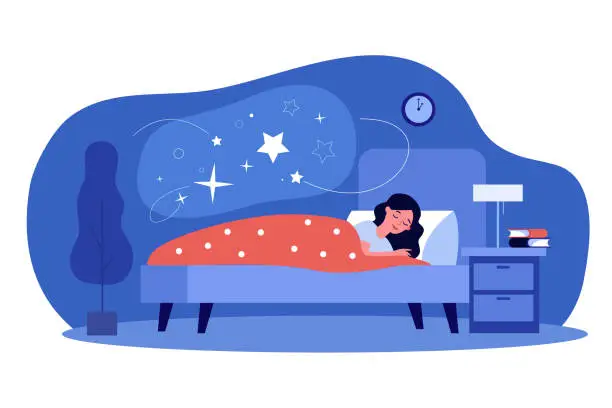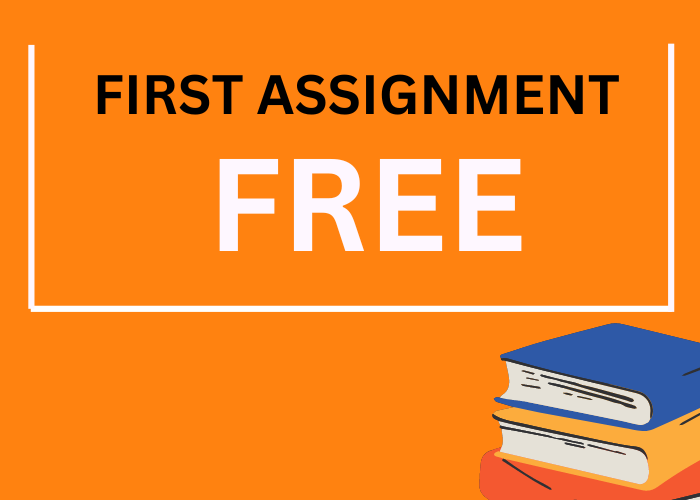For most students, it is a norm to sit up all night to study and complete as many assignments as possible. A survey conducted by Medical News Today showed that about a fifth of students sleep for a whole night once a month, while over a third of students, 35 percent, reported sleeping after three in the morning at least once a week. However, studies identify that sleep deprivation affects academic achievement. This is where assignment helpers can play a crucial role in providing guidance and assistance to help students achieve their desired grades without jeopardizing their well-being.
As the title of this blog suggests, we will examine how sleep is beneficial for learning and how assignment helpers can assist students in effectively studying for their courses.

The Connection Between Sleep and Academic Performance: An Assignment Helper’s Perspective
1. Sleep and Test Scores: Why Rest is Crucial
Research has noted that sleep deprivation decreases performance levels, especially on tests. In October 2019, two MIT professors discovered a direct correlation between sleep and academic performance: it was established that the more a student slept during the semester, the better the test performance was. Assignment helpers explain that it is also crucial that students are not mentally or physically tired by the time the test rolls around, as this can cause a catastrophic plunge in performance.
2. Learning Efficiency: How Sleep Boosts Cognitive Function
Sleep and Learning Efficiency: Assignment Helpers Insights
Assignment Helpers Insights is essential in many academic studies and research papers.
In consolidation, when information is learned, it is temporarily stored in a small region in the brain known as the hippocampus. Like any storage system, the amount of information held in the hippocampus is likewise finite. When this capacity is total, as it is when one is tired and gets insufficient sleep, one cannot learn any new information. The assignment helpers further recommend that students get adequate sleep to prepare their brains to cope with new information.
3. Memory Recall: The Power of a Good Night’s Sleep
Memory Recall Improvement with Sleep: Assignment Helpers Guide
Sleep helps consolidate our memories or the ability to remember specific information. Researchers have noted that deep NREM sleep, or Slow-Wave Sleep, is essential for memory consolidation and retrieval. During this stage of sleep, memories are also consolidated from the hippocampus to other areas of the brain, enhancing our capability to recall and utilize data.
4. Long-Term Memory Formation: Sleep’s Essential Role
Long-Term Memory and Sleep: Tips from Assignment Helpers
According to Professor Matthew Walker from UC Berkeley, the slow brain waves in NREM sleep are more like a postal service that transports memories from the hippocampus to different brain regions for long-term storage. This process is crucial for forming long-term memories, which are often considered more stable. Tutors can help students create study timetables that will give them adequate and quality sleep, thus improving their memory and grades.
5. Creative Problem Solving: How REM Sleep Enhances Cognitive Skills
REM Sleep and Creative Problem Solving: Insights by Assignment Helpers
Studies show that dreaming during the REM stage of sleep enhances the capacity to solve creative problems. In one study, those who were woken up while in REM sleep solved anagram puzzles better than those who were woken up during other sleep stages, thus supporting the belief that REM sleep improves flexible thinking and creativity. Assignment helpers can assist the students in realizing the significance of REM sleep and how it can be integrated into their schedules to boost the students’ critical thinking.
6. Emotional Regulation: Sleep’s Impact on Stress and Anxiety
Emotional Regulation through Sleep: Assignment Helpers Advice
Sleep is essential for controlling emotions. Stress and anxiety levels rise when a person is sleep-deprived, which hinders performance in class. Assignment helpers can help students create study schedules and ensure that they get sufficient rest to avert stress and enhance their performance.
7. Improved Concentration and Focus: The Benefits of Rested Minds
Concentration and Focus: Assignment Helpers Strategies
Students who get enough sleep can learn and pay attention to what is being taught during the study period. This leads to more productive learning and high retention rates. Assignment helpers advise students to sleep properly to minimize distractions and maximize working hours.
8. Physical Health: How Sleep Supports Overall Well-being
Physical Health and Sleep: Assignment Helpers Health Tips
Physical health always affects academic achievements in institutions of higher learning. Proper sleep strengthens one’s ability to fight off sickness and diseases and decreases physical endurance. Assignment helpers can help students plan their schedules appropriately to ensure they devote time to sleep, physical activity, and nutritious food, among other things, to improve academic performance.
9. Time Management: Balancing Sleep and Study
Time Management Tips from Assignment Helpers
There is an inherent proposition that as much as sleep is essential, time must be managed appropriately between sleep and study. Tutors who help with assignments can suggest study plans for students, giving them enough sleep as they complete all the tasks and prepare for exams. This balance is essential because it will help ensure that the students attain high grades in their studies.
10. Assignment Helpers: Your Partner in Academic Success
How Assignment Helpers Support Academic Excellence
Helping with assignments is not their sole responsibility; they are skilled professionals who offer various services to assist students in improving their academic performance. The assignment helpers provide every study tip, from time management to creating an individual study plan, to ensure that students have adequate rest and perform well in their assignments. Outsourcing assignment help to an academic expert will ensure that students get the grades they want while still enjoying their free time.
Conclusion: The Essential Role of Sleep and Assignment Helpers in Academic Success
The effects of sleep on learning and memory processes are primarily significant. Apart from raising test scores, students benefit from getting enough sleep as it makes learning faster and more effective, enables recall of information, and improves problem-solving. Assignment helpers are useful in ensuring that learners balance their study schedules by making them rest to perform their best. Use assignment helpers to ensure that the best academic potential and results are attained in education.


